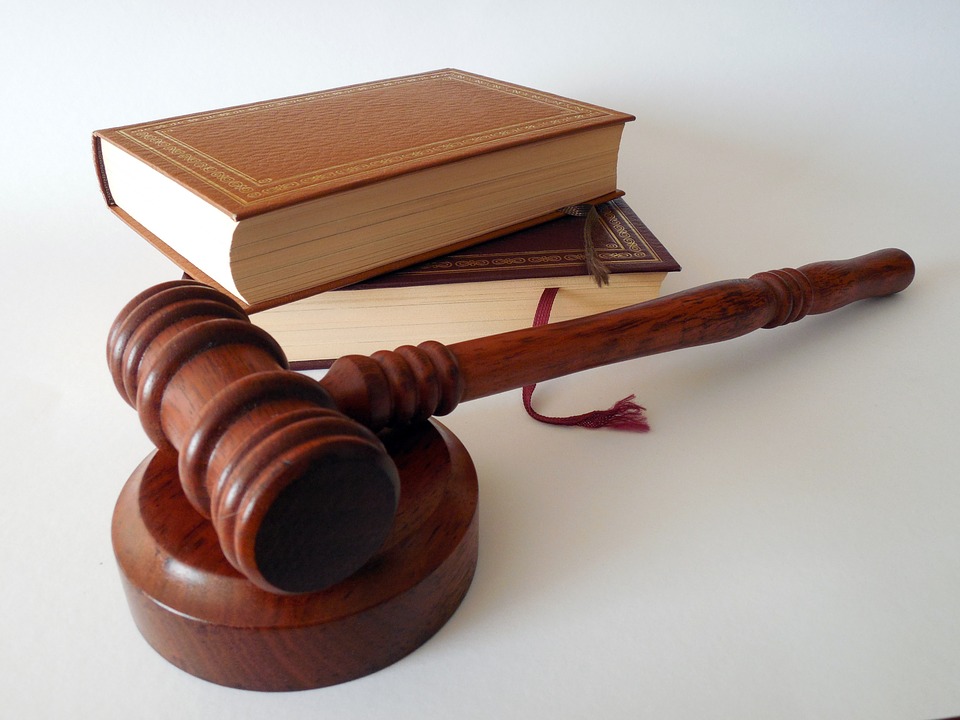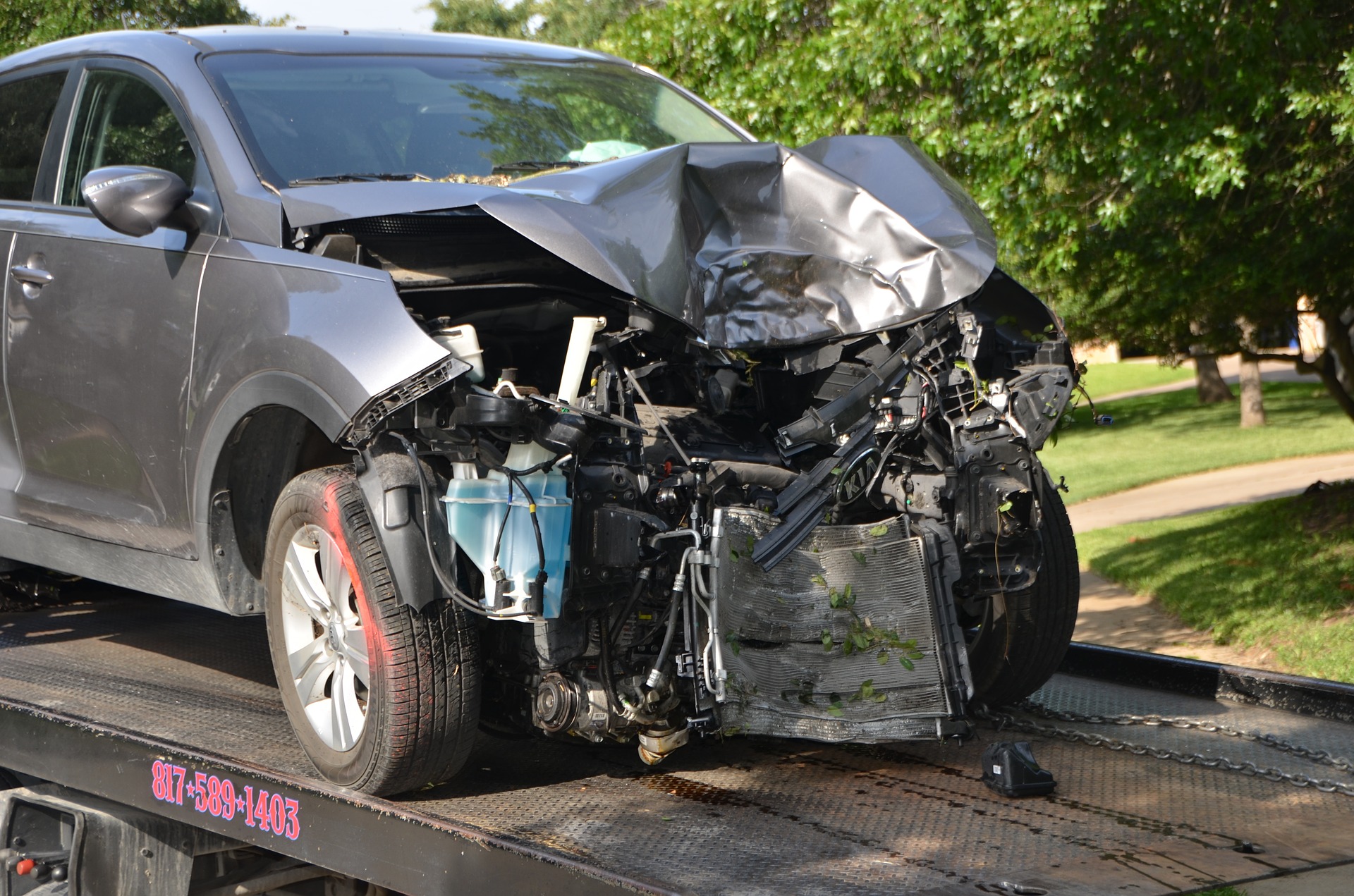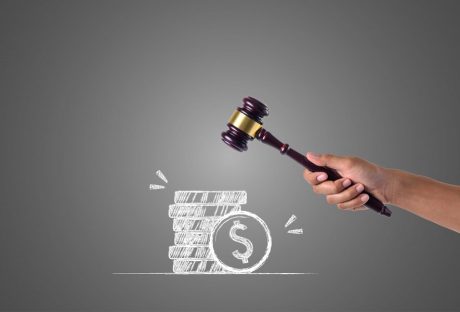In Illinois, you can file for a fault or no-fault divorce. While the grounds for both types of divorces vary, one thing remains the same. Your situation needs to meet the state’s requirements in order for you to have a recognized divorce. Find out all about the grounds for divorce and what it means for you.
No-Fault Versus Fault Divorce:
Before you consider the grounds for divorce, you should understand the differences between fault and no-fault divorce. In a no-fault divorce, no one is to blame. Instead, the marriage is over because of irreconcilable differences. You don’t need to prove any type of misconduct.
A fault divorce is one in which one spouse is to blame. For example, one partner could cheat on the other. The act of cheating would place the blame on their shoulders. If you want this type of divorce, you need proof. Accusations alone are not enough.
Some states, like Florida, are strictly no-fault states. However, Illinois is one of the few states that offers the option for either type of divorce.
The Grounds for Divorce:
Because a fault divorce places the blame on an individual, the grounds for it are strict. To qualify for this type of divorce, your partner needs to be guilty of at least one of the following:
- Impotence
- Bigamy
- Abandonment for a minimum of one year
- Adultery
- Infecting the spouse with an STD
- Two years or more of drug addiction or alcohol abuse
- Extreme physical or emotional abuse
- Attempted murder of the spouse
- A felony conviction
During the divorce process, the fact that one party was at-fault is not very significant for financial matters. According to divorce law in Illinois, the fault does not affect the division of property or alimony. But, it does matter for child custody and visitation. An at-fault parent could have limited custody as well as limited visitation rights. They may also have less of a right to joint pets.
Grounds for No-Fault Divorce:
Although you don’t need to prove any marital misconduct for no-fault divorce, you do need to wait. In Illinois, you need to live separate and apart from your spouse for two years before you can divorce.
If you reside in the same house as your spouse for those two years, you need to prove that you were not together. More specifically, you need to prove that you only lived as roommates. You also need to show that your marriage is beyond repair as a result of irreconcilable differences.
If you had efforts at reconciliation, you need to show that they failed. Finally, you need proof that any future attempt to save your marriage would be a failure.
Getting Around the Waiting Period:
The two year waiting period for a no-fault divorce can be inconvenient and challenging. If you want to speed up the process, you have one option. You and your partner can live separate and apart for six months. Then, you can agree in writing to waive the two-year waiting period.
When both partners can’t agree to waive the waiting period, there is no way around the two-year wait. Either way, you could benefit from working with a Schaumburg divorce attorney. The divorce process is not an easy one. When you work with a divorce lawyer in Schaumburg, IL, you can get the answers to all of your questions.
Read Also:






















